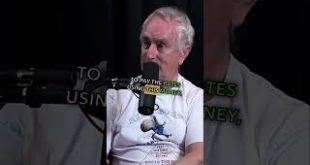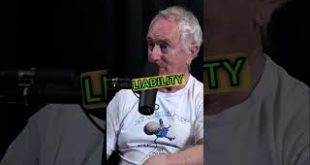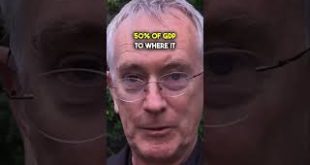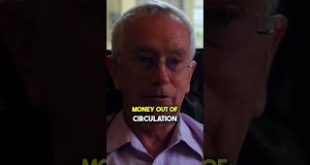This book exposes everything they're lying to us about... get it for free this week
Read More »Debt Downturn: Understanding its Impact
Debt Downturn: Understanding its Impact
Read More »Cautionary Inflation Tale
Cautionary Inflation Tale
Read More »Revealing the Hidden Force of Credit on Aggregate Demand
Revealing the Hidden Force of Credit on Aggregate Demand
Read More »Beneficial or Destructive?
Beneficial or Destructive?
Read More »What some economists assume..
What some economists assume..
Read More »Hidden cost of reducing spending
Hidden cost of reducing spending
Read More »Why Differential Equations are Dumbing Us Down
Why Differential Equations are Dumbing Us Down
Read More »Cheapest product of bank
Cheapest product of bank
Read More »Reclaiming Economics’ True Purpose
Reclaiming Economics' True Purpose
Read More » Steve Keen’s Debt Watch
Steve Keen’s Debt Watch










